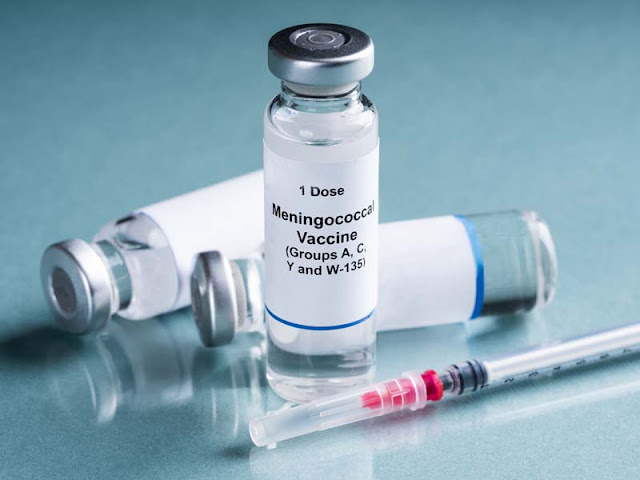ISOBUS Terminal Mastery: A Comprehensive Guide to Integrating Smart Technology into Agricultural Practices
 |
| ISOBUS Terminal |
The agricultural industry has
seen tremendous advancements in technology over the past few decades. Machines
have gotten more powerful, automated processes have increased efficiency, and
connectivity has allowed for improved data collection and analysis. However,
one area that had lagged behind in terms of connectivity was the communication
between various farming machines and equipment. This is where the ISOBUS
terminal is looking to drive significant change by standardizing communication
protocols.
What is an ISOBUS Terminal?
An ISOBUS terminal is an
electronic device installed in modern farm vehicles and machinery that allows
for standardized communication between different implements, devices, and
displays. ISOBUS stands for International Organization for Standardization in
Bus whereas the bus refers to the ability to connect various devices and share
information.
An ISOBUS terminal essentially acts
as the central communication hub and user interface that allows any ISOBUS
compliant equipment such as tractors, seed drills, harvesting heads, etc. to
communicate and share task-related data with each other. Some key features of
an ISOBUS terminal include:
- Large displays to view
real-time information from connected implements
- Standardized connectors and
protocols to connect with a wide range of equipment from different brands
- Ability to control various
implement functions directly from the terminal
- Recording of field data,
yieldmaps, as-applied maps for nutrient/chemical applications
- Task management and
documentation capabilities
- Integration with farm
management software systems
Benefits of Adopting ISOBUS
Terminals
By enabling hassle-free
cross-brand communication, ISOBUS terminals promise to deliver significant
benefits to modern farming operations. Some of the major advantages include:
Increased Flexibility and Efficiency
With ISOBUS, farmers can choose
implements from different brands and easily switch between them without
worrying about compatibility issues. This brings greater flexibility in renting
or leasing equipment. The terminal allows control of multiple implements
simultaneously, improving efficiency of tasks.
Standardization and
Future-proofing
By adopting open communication
standards, ISOBUS
Terminals future-proof farm investments against technology lock-ins. As
new implement features are developed, previous generation equipment remains
usable via software updates.
Planning and Documentation
Simplified
ISOBUS terminals facilitate
precision farming tasks with section control, variable rate application
functionalities. All field records are compiled digitally for easy reporting,
analysis and record-keeping.
Cost Savings
Compatibility across brands
increases used implement market liquidity. Less time is spent on integrating
non-compatible equipment or troubleshooting communication issues, reducing
downtime costs. Over time, ISOBUS enables lower overall equipment ownership
costs.
High Resale Value
Well-maintained ISOBUS compliant
tractors and implements retain strong resale value due to wider compatibility
and upgrade potential value. This ensures cost benefits even beyond the primary
use phase.
Growing Adoption of ISOBUS
Terminals
Major tractor and implement
brands have already embraced ISOBUS compliance. John Deere, CNH Industrial,
AGCO, CLAAS, Kubota and other leaders offer ISOBUS compatible models across
their product lines. With the benefits evident, adoption is growing steadily
worldwide. According to analysis, ISOBUS terminal shipments grew at a CAGR of
over 8% between 2015-2020. North America and Western Europe lead the way
currently due to advanced agricultural practices.
However, other large farming
nations are also witnessing higher ISOBUS compatibility. Brands target these
markets proactively to popularize associated precision farming techniques. The
Indian government too has initiated programs promoting farm mechanization and
use of digital technologies. Hence, analysts predict ISOBUS adoption in the
country will pick up pace significantly in coming years.
Get More Insights Here
https://www.newsanalyticspro.com/bridging-the-gap-between-smart-farming-and-intelligent-machinery/



Comments
Post a Comment